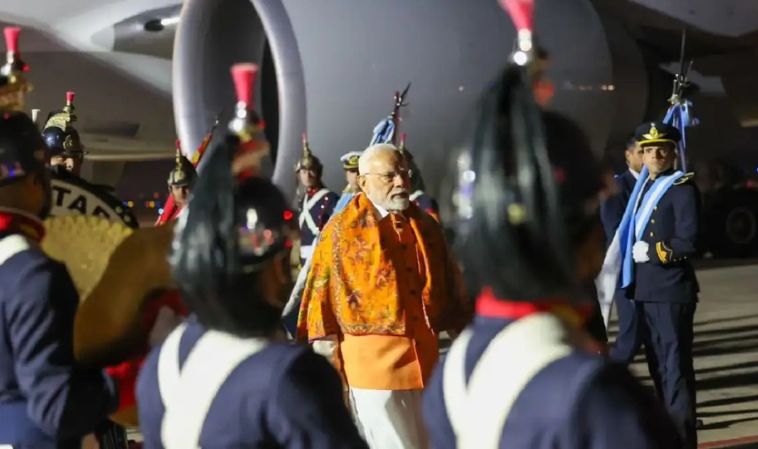
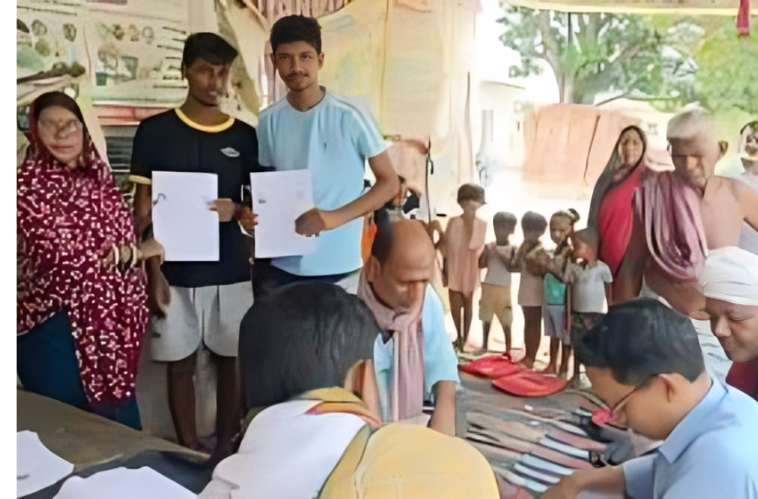
Election Commission Explains Why Bihar Chosen First For SIR Rollout Amid JD(U) Objections – Top News In India
Patna – The Election Commission of India (ECI) has reacted to the Janata Dal (United)'s complaints about the initiation of the State-wise Integrated Roll (SIR) project in Bihar by saying that the state was chosen specifically as a pilot based on crisp strategic, demographic, and electoral considerations. This development is among the top news in India, especially with elections on the horizon.
Amid heightened political tensions in the state, the EC explained in an official letter that Bihar was chosen following a rigorous review of voter segmentation, content clarity, and data accessibility issues—factors key to refining the electoral process in the country as a whole. This move is making headlines across the 5 latest news of India today due to its political significance.
Why Bihar Was Chosen for SIR Rollout
In the letter to the JD(U) leadership, the ECI emphasized four principal reasons:
Understand Your Target Audience With Segments:
Bihar's heterogeneous electorate provides a critical proving ground for sharpening voter segmentation models, aiding in more effective outreach during voter drives and upcoming digital campaigns.
Ensure All Content Has a Clear Goal:
The EC informed that voter awareness campaigns and electoral documentation in Bihar were the most under-optimized. SIR here will ensure that every communication piece—from verification of ID to data at booths—has a clear objective.
Identify Competitor Content Gaps:
Bihar's distinctive media ecosystem and political competition reveal loopholes in the flow of electoral information to citizens. The ECI hopes that rolling out the pilot here will enable it to map content blind spots that hamper meaningful electoral participation. It’s part of the larger effort to strengthen democracy, a focus in today national news across media outlets.
SIR platform is meant to customize information based on regional requirements. Bihar, being a mix of rural and urban with a multi-lingual population, presents an ideal situation where voting-based content is aligned with citizens' expectations and accessibility options.
JD(U)'s Objection and EC's Firm Rebuttal
Earlier this week, JD(U) leaders disputed the Election Commission's move, terming it a politically motivated one to highlight Bihar ahead of the impending Lok Sabha elections. Senior JD(U) leader Vijay Kumar Chaudhary accused the EC of acting in an opaque manner.
The ECI's response letter, however, makes it plain that this order is a result of logistic and strategic vision—and not political prejudice.
"The State-wise Integrated Roll is not an election-specific instrument but a long-term institutional enhancement," the EC said. "Bihar is well-placed for this due to its complex electoral base and significance in the national democratic scenario." The clarification has been trending in India breaking news now due to its implications for voter trust and transparency.
About the State-wise Integrated Roll (SIR)
SIR is a digital project to develop a standardized, voter-centric electoral database for states. It's part of the Election Commission's overall strategy to:
-
Streamline voter registration
-
Eliminate duplicate or ghost entries
-
Enhance booth-level accuracy
-
Provide content in regional languages and customized forms
The ECI has made it clear that similar rollouts will get underway in the near future in states such as Uttar Pradesh, West Bengal, and Maharashtra. These updates are also being reported widely under the latest news of India.
Political Reactions
While BJP has hesitantly welcomed the pilot, opposition parties such as RJD and Congress have remained doubtful. RJD spokesperson Manoj Jha said, "No rollout should look hurried or discriminatory, particularly in states going into polls shortly." Concerns like these have also found their place in today national news columns, showing the deep political divide.
Civil society organizations, however, welcomed the initiative, pointing to improved transparency and voter participation as major advantages.
What This Means for Bihar Voters
With the pilot beginning, Bihar voters can look forward to:
-
Faster correction and update processes
-
SMS notifications for updates of booth and voter cards
-
Ease of new voter registration using QR codes
-
Multilingual election content access
This enhances the electoral process to become more open and streamlined before what may be a hotly contested general election. As the state gears up, this remains a focal point in the top news in India, drawing attention from political watchers and voters alike

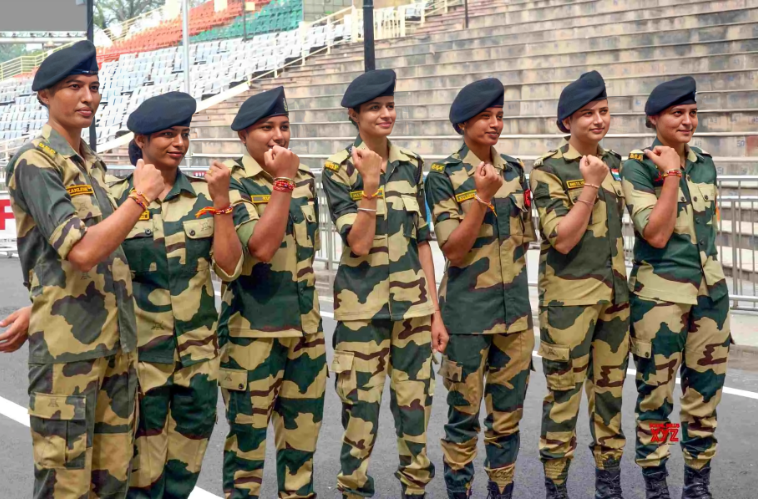
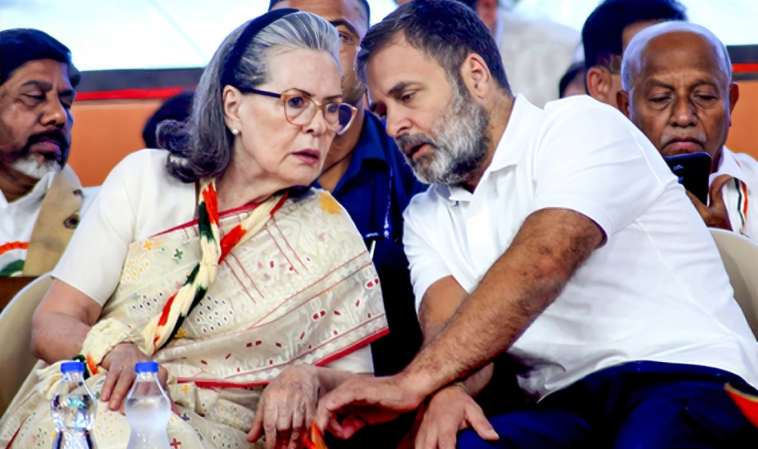
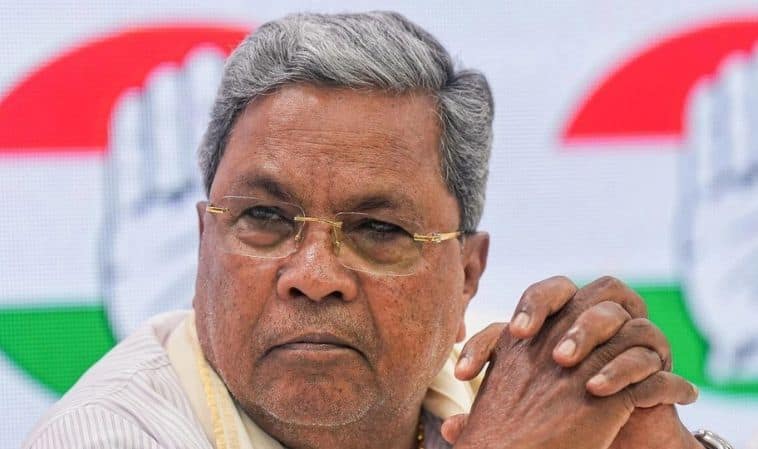
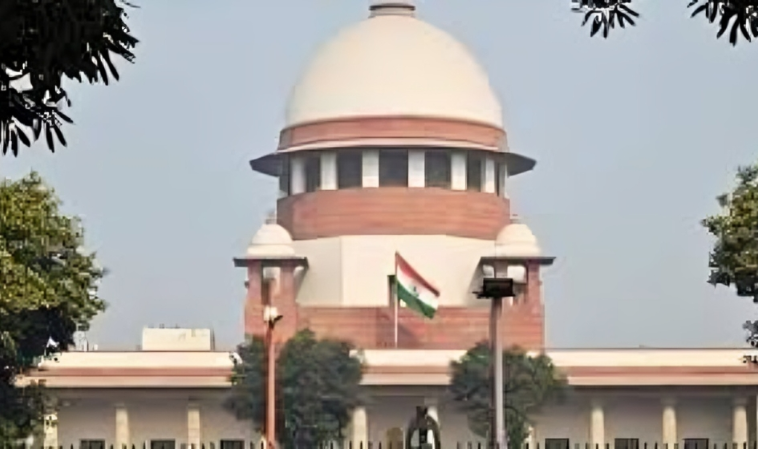
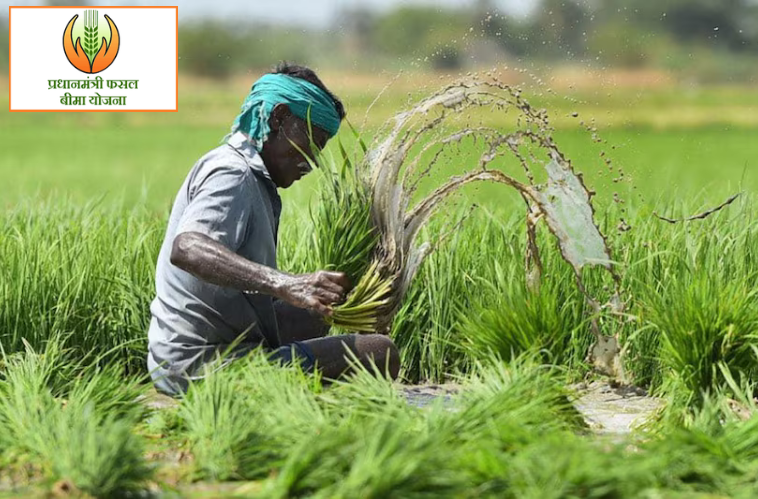
0 Comments